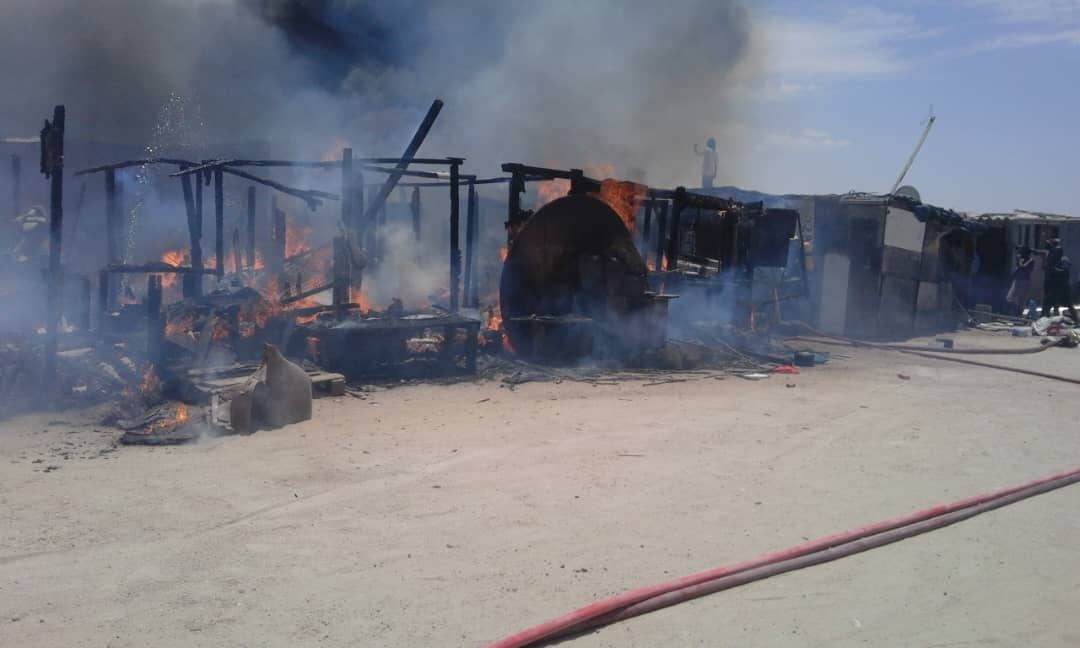CAPE TOWN – South Africa is eager to help Angola exploit its gas-to-power generation potential, believing that flared gas could be harnessed within two years to start producing electricity, a senior energy official said on Friday.
However, it would be some time before the necessary infrastructure was in place to trade power between Africa’s strongest economy and Angola, vying with Nigeria as the continent’s top oil producer.’South Africa wants to harness that flared gas so we can help them generate electricity,’ Ompi Aphane, the acting deputy director general for clean energy at South Africa’s Department of Energy told Reuters.Waste gas from refining is normally flared – literally burnt – at refineries, but is increasingly being looked at as an alternative source of energy, particularly in Africa where a lack of power is constraining economies.’We believe within two years we can harness and generate electricity in Angola. There has been interest shown by South African independent power producers to go to Angola, a gas-rich country,’ he said.In South Africa, power utility Eskom is struggling to ramp up enough power in the face of accelerated demand, as a global credit crunch curtails an ambitious N$385 billion (US$50,19 billion) expansion plan to boost power.Eskom has been rationing electricity since early last year when the national grid nearly collapsed, forcing mines and smelters to shut for days and costing the country billions of dollars.Angola’s state-owned utility, Empressa Nacional de Electricidade (ENE), also faces regular power outages in capital city Luanda as the country slowly emerges from a 27-year civil war to rebuild destroyed infrastructure.Depending on the type of technology used to generate electricity as well as the quality of gas, on average one would need in the region of 10 gigajoules per MW/hr of electricity, an industry expert said.He said it was difficult to provide an estimate on how much potential Angola had in gigajoules because the gas to be used for electricity was a by-product of oil drilling, unlike from a dedicated gas field where estimates were inferred or known.On Thursday evening, South Africa’s Energy Minister Dipuo Peters met her Angolan counterpart, Emanuela Lopes, to discuss a draft energy implementation plan.’One of the areas that I believe is very important is the issue of gas… We have seen the potential to use the flare from the refineries to generate electricity,’ Peters told media. – Nampa-Reuters
Stay informed with The Namibian – your source for credible journalism. Get in-depth reporting and opinions for
only N$85 a month. Invest in journalism, invest in democracy –
Subscribe Now!










